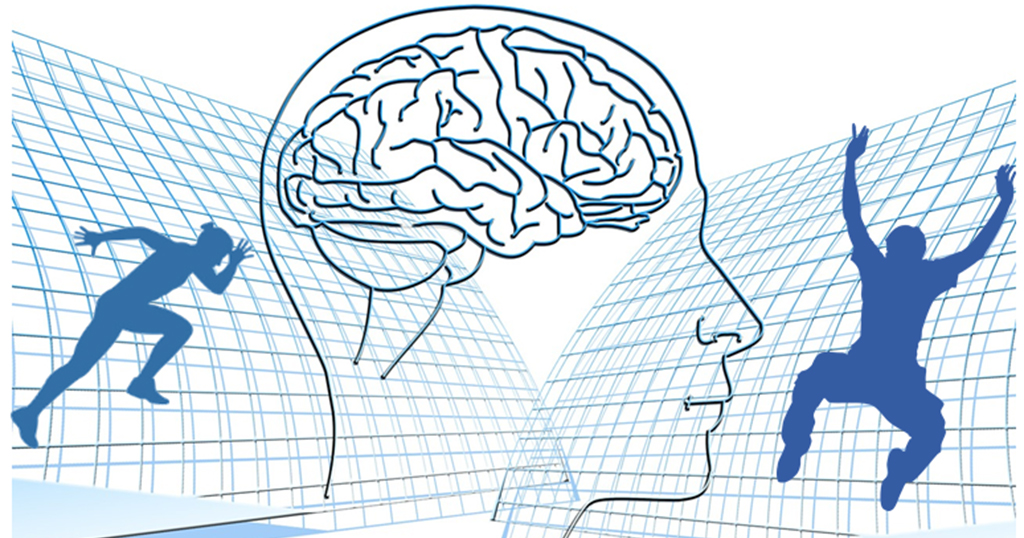Alright, I realize I’m serious behind on some very interesting topics out there, but this headline from 2003 confirmed something I’ve been wondering lately.
“Exercise has a more powerful impact on the brain than previously thought; may lead to improved treatments for disorders such as spinal cord injury”
I’ll summarize the lengthy article, which covered several studies that indicate exercise has a greater impact on the brain than previously thought.
Exercise goes beyond helping your muscles. Exercising regularly helps reduce symptoms of depression. The increase in blood flow to brain plays a great part in this. This is important not only for the healthy among us, but also for the individuals recovering from vascular injuries and trauma and must spend significant time in bed.
The article shares findings from several experiments, in which mice, Macaque monkeys, or humans performed various exercises.
Cleveland Clinic Foundation’s study found that when elderly patients put mental focus on the exercise they performed, they became 15% stronger, as compared to the group that only exercised who gained 3% strength.
An earlier study, also lead by Dr. Guang Yue, showed that people who performed mental workouts only (no physical movement), were measured to be 13.5% stronger than their counterparts who did no such thinking. The power of our brains is amazing.
The doctors involved believe that this is a big deal for patients who have long roads of physical therapy ahead of them. They predict that recovery times will be faster using this technique.
There is a particular interest in looking at the recovery from spinal cord injuries, as approximately 11,000 people in the U.S. yearly sustain a spinal cord injury.
One of the mice studies showed that mice who were given access to (flat-surface) running wheels before a spinal cord injury (I know, science, right?) reached a higher level of walking compared to their neighbors who did not have the running wheel in their cage before the spinal injury. Next study for them is to watch the recovery time with a running wheel after the spinal surgery.
The of the researchers in a University of California-Irvine study, Carl W. Cotman, PhD, said, “Translated into human terms, it means that individuals who are appropriately physically active may be able to protect themselves from depression — or be less depressed or relieved from depression — if they are physically active.”
Another study at the University of Texas Southwestern Medical Center showed that patients who incorporated exercise into their recovery saw a greater reduction in the symptoms of major depression than those who relied on medication alone.
The article also mentions a University of California-Irvine study (this is the macaque monkey one) that “demonstrated that regular aerobic exercise increases the number of capillaries in the motor cortex, a small area on the outer part of the brain that controls voluntary muscle movements.” The increased volume of capillaries leads scientists to believe the brain can help heal itself, inspires further research to see how exercise might help reduce the effects of aging, and increase recovery rates in patients of all types.
So when you are out walking, running, or inside lifting weights or even yoga, you might put some mental effort into your movements if you want to get stronger. Or if you are stuck in an airplane for many hours, try closing your eyes and imagining yourself performing your favorite exercise. I’m sure you can’t build your muscles mentally overnight, but these list of studies sure gives hope that our minds can put us in the direction of healing bodies!





